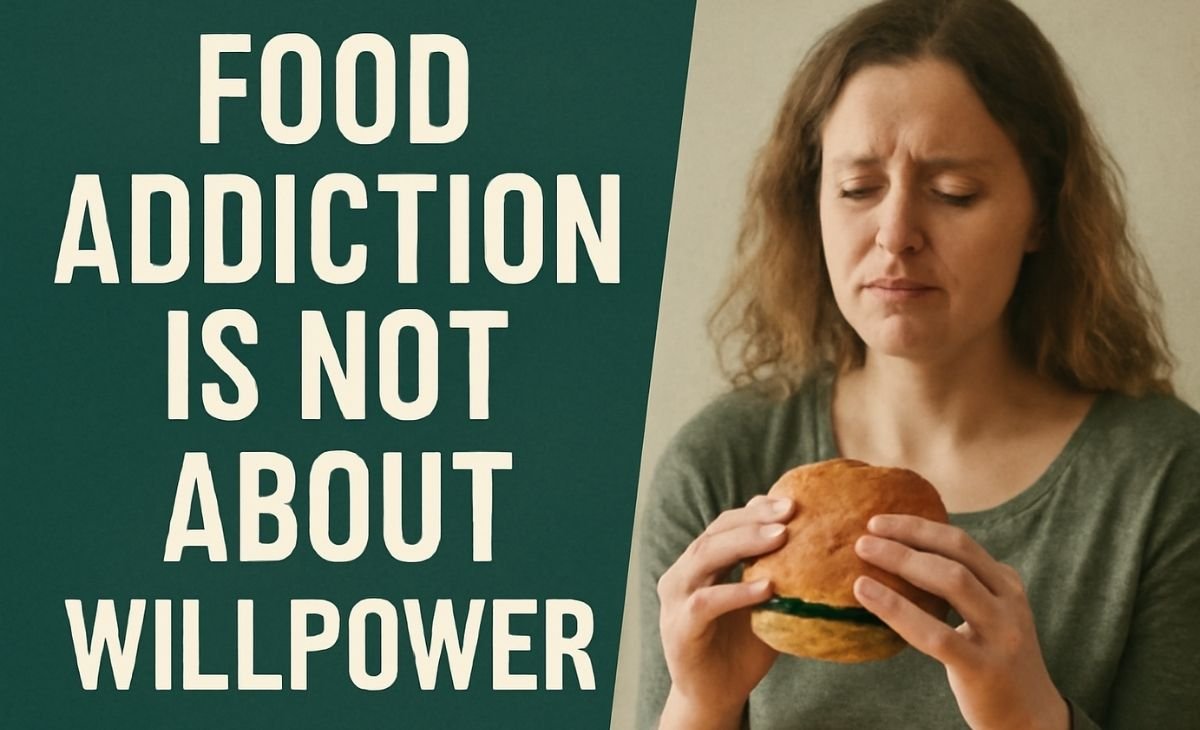Research Reveals the Brain Chemistry Behind Overeating
Have you ever heard someone exclaim that a dessert — like a rich chocolate cake — is “addictive”? For most, it’s just a lighthearted comment about enjoying a treat. However, for others, food can become truly addictive, leading to a loss of control.
Dr. Carolyn Ross, a renowned expert in Integrative Medicine, specializes in treating eating disorders, obesity, and addiction. She has led eating disorder programs at prominent centers, including Sierra Tucson, and consults nationwide to help develop effective treatment programs.
For some, food addiction is as real as substance addiction. It can lead to health issues like obesity and feelings of shame. The constant preoccupation with food can affect relationships, work, and self-esteem. Body image concerns tied to obesity may limit life experiences, adding further distress.
The Science Behind Food Addiction
Research shows that food addiction shares similarities with substance use disorders. Both involve the brain’s dopamine reward system, which regulates pleasure and motivation. Eating triggers dopamine release, rewarding us for consuming food — a necessary survival behavior.
However, highly palatable foods, especially those rich in sugar or fat, can hijack this reward system. The pleasure they provide mimics the effects of drugs or alcohol, creating a cycle of dependency. Process addictions, like food addiction, focus on the feelings derived from the action rather than the substance itself.
Understanding the Cycle of Addiction
Addiction follows a predictable pattern:
- The High: Eating favorite foods releases dopamine, creating intense pleasure. The brain associates this pleasure with specific foods, reinforcing cravings.
- The Slump: Over time, the dopamine response diminishes. Everyday pleasures feel dull in comparison, leading to depression and irritability. You may eat more to recapture the initial high.
- The Craving: Brain changes impair decision-making and self-control, making it difficult to resist urges. Despite best intentions, overeating continues.
Breaking Free from Food Addiction
Recognizing food addiction as a brain-based condition rather than a willpower issue is empowering. This shift in perspective reduces self-judgment and provides a foundation for recovery.
Effective Strategies for Recovery
- Avoid Triggers: For substance users, this means staying away from bars or old drinking companions. For food addiction, it may involve avoiding favorite bakeries or turning off ads that promote cravings.
- Find Healthy Rewards: Recalibrate your brain to appreciate simple pleasures, like a nature walk or a meaningful conversation with a friend.
- Manage Stress and Emotions: Stress and strong emotions fuel addiction. Practice relaxation techniques like guided imagery, progressive muscle relaxation, or mindfulness to build resilience.
Developing contentment and self-control strengthens the brain’s pathways for healthier behavior. Some find peace through spirituality, while others benefit from yoga or visualization practices.
A Message of Hope
If you struggle with food addiction, know that it’s not a personal failing. You’re facing powerful brain chemistry, but with persistence and the right strategies, you can reclaim joy in life and savor its true pleasures.

